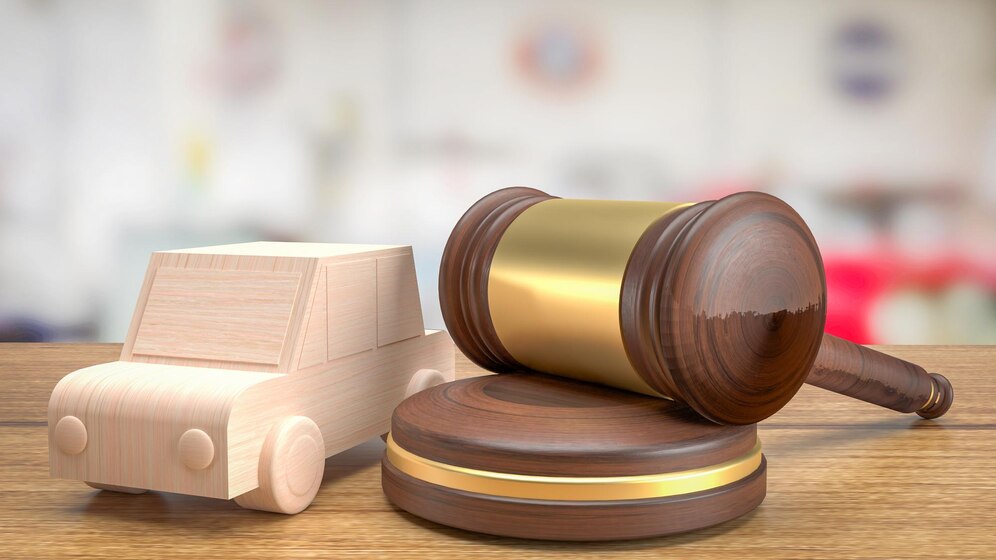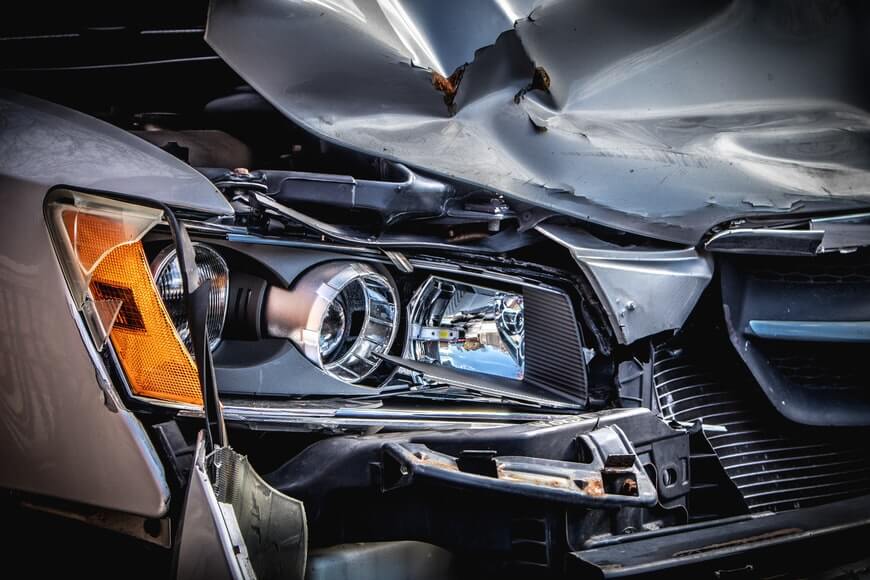How Does A New Jersey Court Assess New Scientific Evidence In DWI Cases?
5 Mins Read
Published on: 15 February 2024
Last Updated on: 08 November 2024

toc impalement
Under New Jersey law, the court cannot accept evidence if it is considered inadmissible. Often, judges presiding over driving under the influence (DUI) cases rule on defendants’ motions to suppress evidence that law enforcement obtains illegally.
In this milieu, the Law Office Defense of New Jersey Criminal and DWI Cases could help with evidentiary admissibility, building defense, and protecting your rights. If you have been charged with “driving while intoxicated or DWI” case ever, this article might help you out. Know more.
Why Is There A Need For A Separate Standard For Scientific Evidence?
Scientific evidence in driving while impaired (DWI) cases can range from blood alcohol content (BAC) analysis to the results of field sobriety tests. Expert witnesses play a pivotal role in interpreting this evidence and providing courts with insights into the reliability and implications of scientific findings. The reliability of such evidence has been historically scrutinized under various standards, reflecting an evolving understanding of science in the legal domain.
Hearings as well as trials are two main categories of witness testimony. Fact witnesses help to discover facts about what they see or hear in the courtroom. No one is allowed to put down their personal opinions, not at least till justice is served. Hence, without standard evidence, it can be difficult for the judge to make the right decision, which he is expected to do.
What Standard Does New Jersey Use?

New Jersey has transitioned to using a Daubert-type standard for evaluating the admissibility of expert evidence in criminal and quasi-criminal cases, including DWI cases. This move marks a significant shift from the previously applied Frye standard.
The Frye Standard
Traditionally, New Jersey, like many jurisdictions, relied on the Frye standard to evaluate scientific evidence. This standard mandates that for scientific evidence to be admissible, it must be “generally accepted” by the scientific community. While this approach emphasizes consensus, it has been criticized for stifling the introduction of innovative but valid scientific methodologies.
Transition To The Daubert Standard
In a significant shift, New Jersey courts have increasingly embraced the Daubert standard, a more flexible and comprehensive framework for assessing scientific evidence. This transition reflects a broader trend toward more scientific reliability and relevance evaluation.
New Jersey’s Current Approach: Daubert-Type Standard

New Jersey’s adoption of a Daubert-type standard signifies a pivotal evolution in the legal scrutiny of scientific evidence. Under this standard, the focus extends beyond general acceptance within the scientific community to encompass a broader examination of the evidence’s reliability and applicability. This includes considerations of the evidence’s testing, peer review, error rates, and adherence to established scientific methodologies.
If the developments are unclear while defending your charges, consult a good DUI attorney. Firstly, New Jersey makes use of direct evidence that directly proves who is at fault without a presumption or interference. Rather, it offers unequivocal and clear proof of any fact in the courtroom.
Secondly, there is circumstantial evidence. These refer to the indirect evidence implying a fact without proving it directly. Contradictory to direct evidence, this one mostly depends on deduction and interference. Most New Jersey criminal cases optimize the circumstantial set of evidence for a compelling and persuasive outcome.
Character and corroborating evidence are some other approaches, too. Character evidence is all the information presented in court to determine the reputation or character traits of an individual. On the other hand, corroborative evidence works as additional evidence that either strengthens or supports the validity of current testimony.
Legal Precedents In Landmark Cases
The Frye v. United States (1923) case established the “general acceptance” standard, which dictates that scientific evidence is admissible in court only if the technique, theory, or principle it is based is generally accepted by experts in the relevant field.
This decision by the D.C. Circuit Court in 1923 set a precedent that influenced the admissibility of scientific evidence for decades. Under the Frye standard, the focus is primarily on the scientific community’s consensus regarding the scientific method’s reliability or discovery.
The landmark case of New Jersey v. Olenowski serves as a quintessential example of the practical application of the Daubert-type standard in evaluating scientific evidence within the state’s DWI cases. Per New Jersey Rule of Evidence 702, this case underscores the judiciary’s gatekeeping role in ensuring that only reliable, scientifically valid evidence informs legal decisions, enhancing the integrity of the judicial process.
Under the Daubert-type standard, courts act as gatekeepers, ensuring that any scientific testimony or evidence is relevant and reliable. This involves a more detailed scrutiny of the evidence’s foundation, including testing, peer review, error rates, and standards controlling the technique’s operation.
Practical Implications For DWI Defendants

The transition from Frye to a Daubert-type standard in New Jersey, exemplified by the Lonowski case, signifies a modernization of the court’s approach to scientific evidence. This move aligns New Jersey more closely with federal courts and many other states, offering a flexible yet rigorous framework for evaluating the admissibility of scientific evidence.
It allows for a broader range of scientific techniques and discoveries to be considered, provided they can be rigorously demonstrated to be reliable according to the specific criteria outlined in the Daubert ruling. This approach encourages a more in-depth judicial understanding of scientific methodologies and promotes the application of the most current scientific advancements in the courtroom.
Adopting the Daubert-type standard in New Jersey represents a significant evolution in legal practice, with profound implications for handling scientific evidence in criminal and quasi-criminal cases, including DWIs.
Read Also: Legal Environment: Definition, Concept & Effects On Business
The Bottom Line
The evaluation of new scientific evidence in New Jersey’s DWI cases has evolved significantly, marked by the transition from the Frye to the Daubert-type standard. This evolution reflects a broader legal recognition of the complexities inherent in scientific evidence and the need for a more refined approach to its examination.
As legal practices continue to adapt to advancements in scientific research, the framework for evaluating scientific evidence in New Jersey remains a critical area of ongoing development and debate. Firms like the Law Offices of Bartholomew Baffuto are at the forefront to help you maneuver these changes and advocate for fair and scientifically informed outcomes in DWI cases.
Read Also:


















Comments Are Closed For This Article